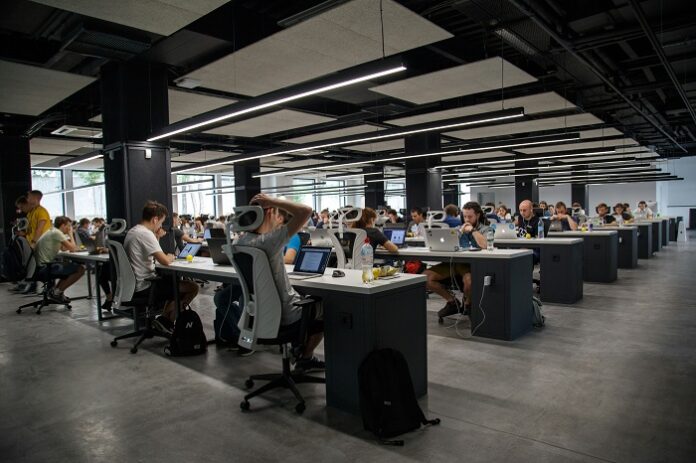Do you know what modern company culture should look like? There are so many different interpretations of the meaning. We have to argue; interpretation will depend on the age demographic of the office, but that’s a debate for another article.
Still, the keyword you need to focus on is modern company culture. Some old-school office relics misinterpret the meaning of a modern office. It’s not fancy new chairs and a good coffee machine. It’s everything about the company and what it’s like to work for.
Read on to find out more.
Embracing Diversity and Inclusion
Diversity and inclusion are at the top of the list for modern company culture – so many brands are now making it a priority. Whether it highlights there was is not just a moral imperative but a strategic advantage.
A company culture that genuinely celebrates diversity is more than tokenism or compliance with regulations (sadly, many brands do it simply for this reason). It involves creating an environment where diverse voices are integral to decision-making processes. That includes creating a workplace where employees from various backgrounds – race, gender, ethnicity, sexual orientation, or disability – feel equally valued. Does that always happen? No. Less than 50% of employees feel valued, studies are finding.
Building a Team That Likes Each Other
Does your team actually like each other? There’s nothing worse than coming to work and either being in a group of people who don’t have a good vibe or where you don’t feel like you fit in. What’s one way to solve it? The dreaded team-building days, of course. Well, they don’t have to be so dreaded, brands just make them that way.
Corporate Challenge events can be incredible for team building – pick one that’s fun, and it’ll get people bonding.
If anything, we’d say you should have regular team-building events. Monthly ones as rewards could work well, and they don’t have to be massive company expenses.
Encouraging Open Communication
Well, any company culture should at least have communication. It’s sad to think this is a more modern concept, but it’s true. At the heart of modern company culture is open communication. Should be, anyway. One study found that 86% of employees think their company doesn’t have good communication.
Companies must cultivate safe spaces where employees feel comfortable. Again, it’s not always the case, even though it’s as simple as regular open forums, anonymous suggestion boxes, or using digital platforms. Still, even with communication, ideas aren’t always listened to, are they?
Promoting Work-Life Balance
Every company should have a good work-life balance. Yet, you guessed it, studies show that almost two-thirds of employees don’t think their job gives them a good work-life balance. The pandemic almost changed that, with work-from-home rules that many brands have stuck with, but there’s still the issue of taking work home. And, ironically, you don’t want to take work home when you already work from home.
Even so, working from home doesn’t guarantee work-life balance; it just means the daily commute is rolling out of bed and into the office chair next to it. Work-life balance is about giving employees the support and freedom to leave work at work.
Recognising and Rewarding Contributions
Every company should recognise and reward employee contributions. Do you think every company does? Absolutely not. Interestingly, 69% of employees say they would work harder if they felt more appreciated. What does that tell you about how companies are recognising their employees?
Public recognition, like shout-outs during company meetings or features in internal newsletters, can boost morale and set a positive example. We like the idea of personalised gifts, so it actually feels rewarding. Sometimes, a mention in the company email doesn’t cut the mustard. Understanding individual preferences makes recognition more powerful.
And, of course, employees are probably going to be more grateful for some more tangible rewards. We’re thinking of bonuses, gifts, or professional development opportunities. These are the ones that’ll get everyone working harder. It’s better than a company email shoutout, that’s for sure.
These rewards acknowledge past achievements and motivate future performance and engagement – they’re a win-win for everyone.
Modern company culture creates an environment where employees feel connected, valued, and motivated. It’s a culture that people actually want to be a part of.





